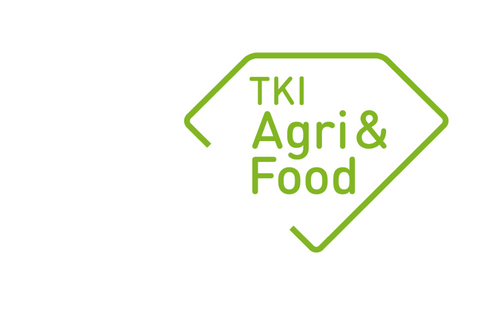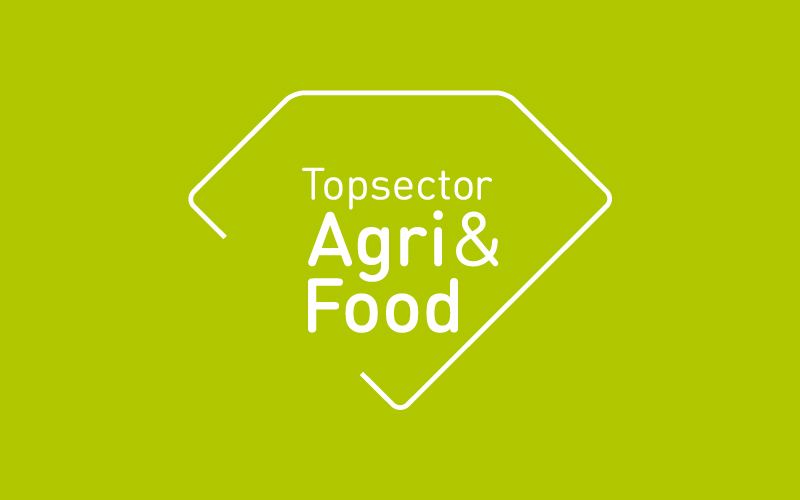Projecttitel: Safety assessment of non-selective extracts used in food products
Projectnummer: AF-12069
Kernthema: Gezond en Veilig
Looptijd: 2013
Budget publiek: € 50.000
Budget privaat: € 50.000
Contactpersoon: Sander Koster– TNO
Projectpartners: TNO, Coca – Cola Services, Chr. Hansen A/S, NVWA
Samenvatting
Most food products are chemically complex food matrices (CCFM) with a high percentage of unknown substances. The safety assessment of CCFM usually is very time consuming, expensive since it may involve animal studies, and usually requires the full composition of the food to be known. Furthermore, each of the chemical constituents require a risk assessment whereas the intake is often relatively low. Innovations in more efficient safety assessment strategies with less animal studies will not occur if traditional approaches of risk assessment remain the standard. The development of new risk assessment strategies is of high importance for industry, food safety authorities and other governmental bodies, in order to assure the safety of CCFM in the most efficient and effective way. The Netherlands Food and Consumer Product Safety Authority (NVWA)for example acknowledges that for them it is difficult to assess the safety of CCFM as it is difficult to identify each of the compounds present in CCFM and assess and monitor their safety.
TNO is developing a safety assessment framework based on the threshold of toxicological concern (TTC) concept. This safety assessment framework has already successfully been applied for migrants of food packaging materials, usually containing very low amounts of migrants, as proof of principle.
The approach has been published. The next step is to demonstrate that the safety assessment framework is also applicable to more complex food products, especially considering adjustment of the analytical techniques needed to determine the substances in CCFM. Non-selective extracts are selected to demonstrate a proof-of-principle for CCFM. For industry, non-selective extracts are important for e.g. coloring of foodstuffs. The reasons to use non-selective extracts in this proposal, is that they consist of a spectrum of known and unknown substances and are present in relatively low amounts in food, but at higher levels than migrants from food packaging materials. Furthermore, they are present in many different food products. Coloring food stuff obtained by non-selective extraction are foods or food ingredients with coloring properties but are not food additives. The products have been obtained from the edible part of food without purification of pigments. EU regulation on non-selective extraction and coloring food stuff is not available.
For the current project some extracts will be selected, which are considered representative for nonselective extracts in general. These will be assessed for their safety using TNOs safety assessment framework. With these cases another big step can be made in the validation of the safety assessment framework for a broader range of CCFM. This is important to be able to efficiently assess their safety for industry, which speeds up market introduction of new developed food products to the benefit of consumers and also for monitoring purposes by food safety authorities and other governmental bodies.
Deel dit bericht


